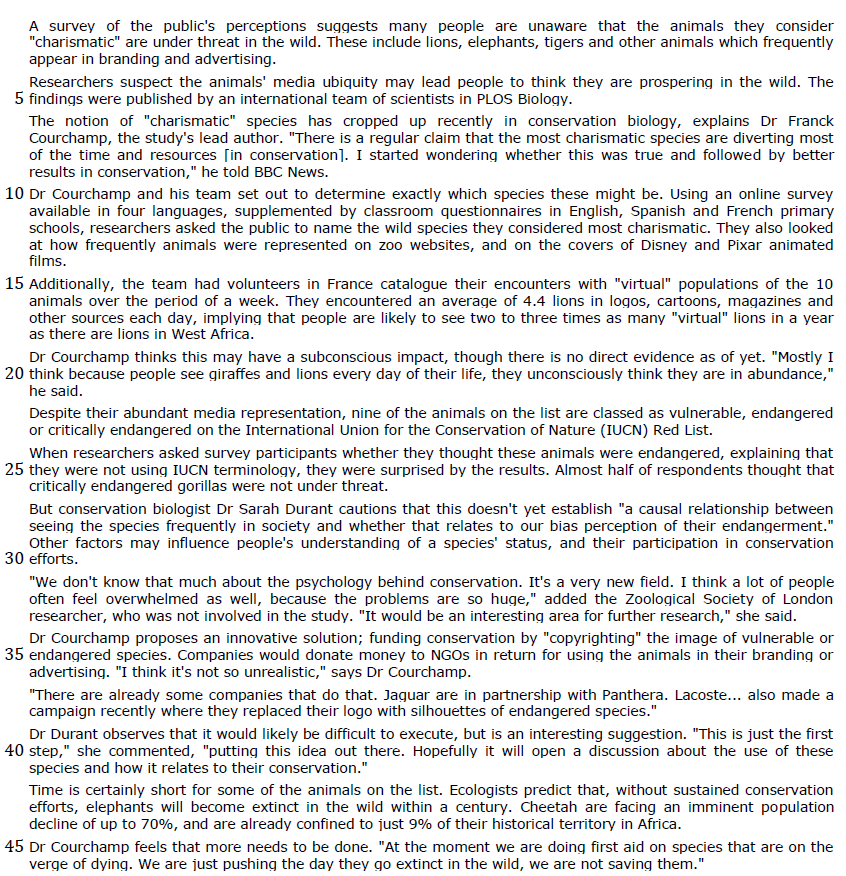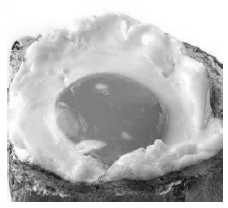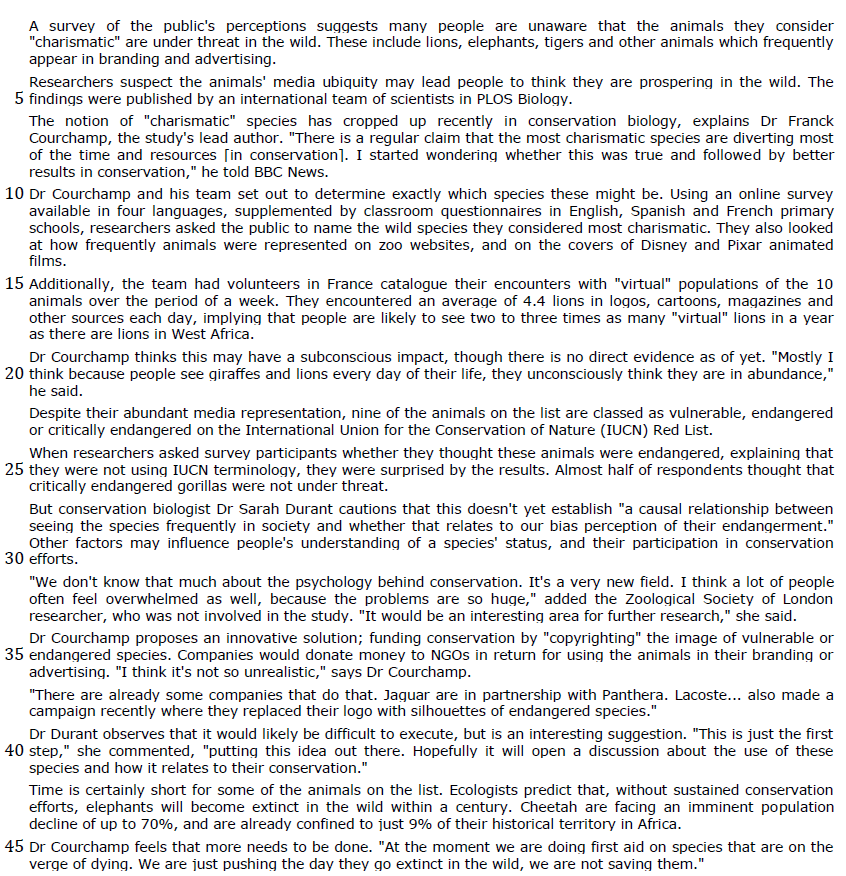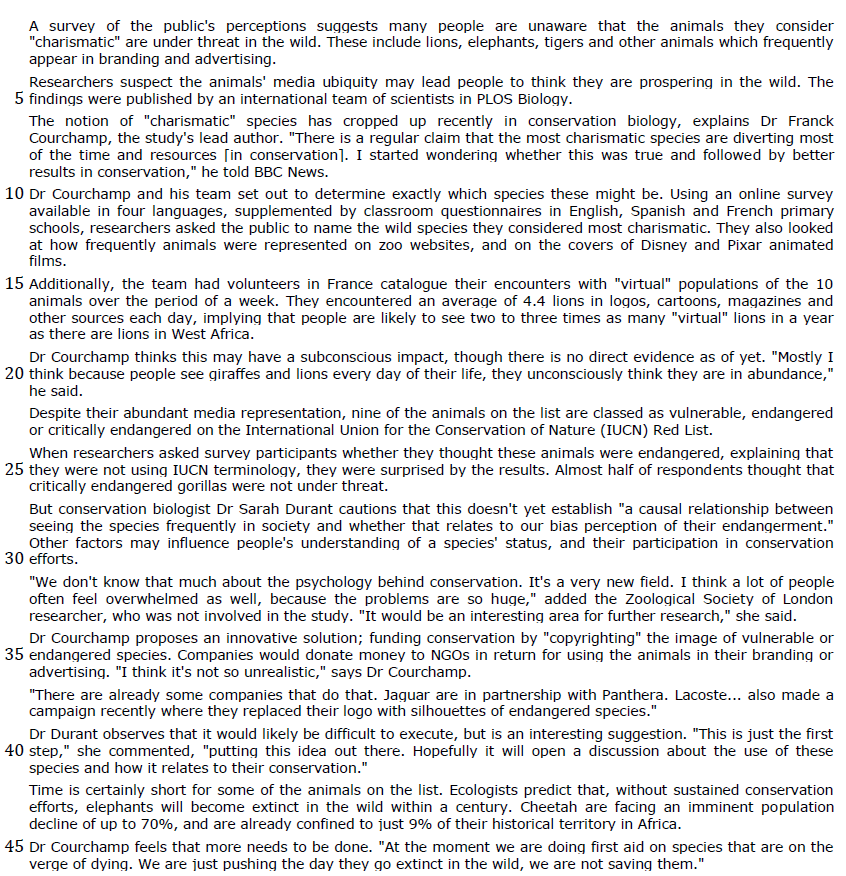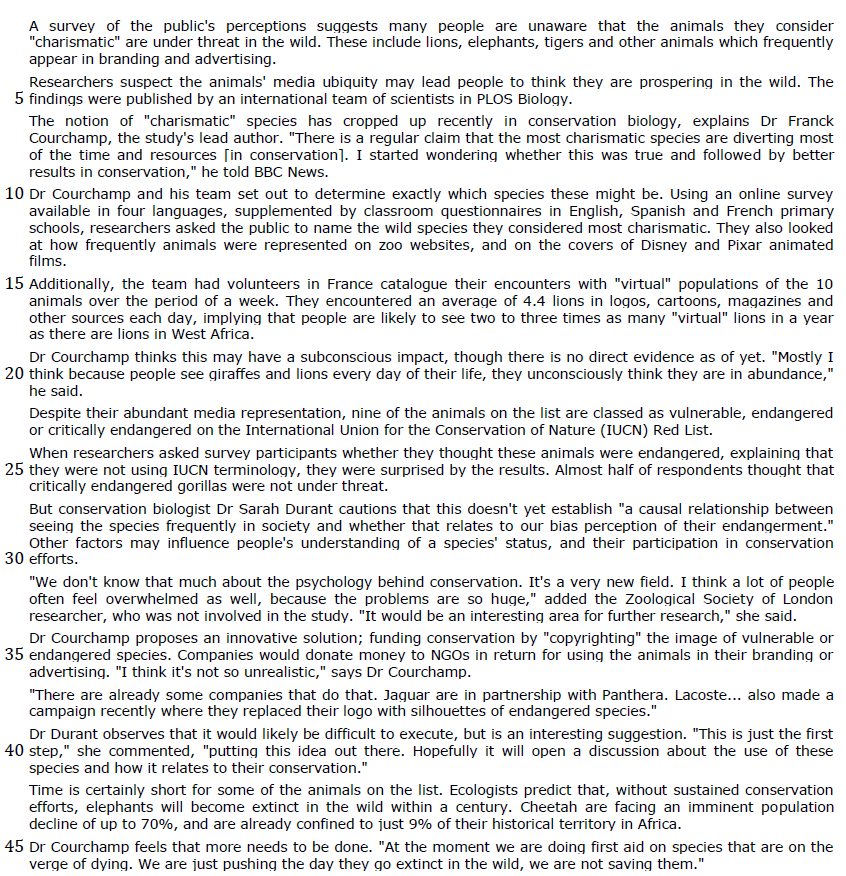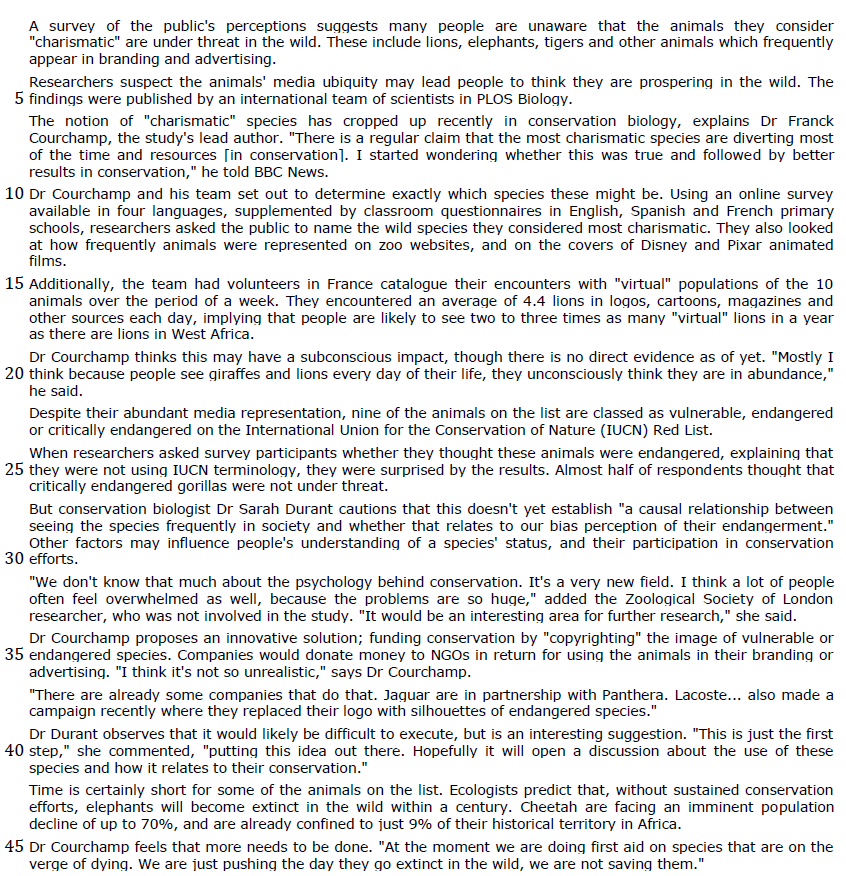Texto I
What brain foods are good for remembering what you studied?
Need help remembering what you've just studied? Head to your kitchen. Research suggests certain foods are good for the brain and may boost your memory. Along with getting enough sleep and developing other healthy habits, eating brain foods can be an effective study aid.
Eggs: Eggs are good for your memory because they are a good source of protein, a nutrient that helps you concentrate, according to registered dietitian Elisa Zied, author of “Nutrition at Your Fingertips.” Eggs also contain choline, a precursor to a neurotransmitter needed for good memory.
Cereal: Cereal provides carbohydrates, which help you remember what you studied by boosting your mental energy. Carbs turn into glucose, a sugar your brain needs to think clearly. Cereals with whole grains also provide B vitamins, nutrients the nerves in your brain need to communicate, Zied says.
Fish: Salmon, tuna and other varieties of oily fish are rich in omega-3 fatty acids, also known as polyunsaturated fatty acids. A symptom for someone low in omega-3s is poor memory. In addition to omega3 fatty acids, fish contains vitamin B-12, which is important for good memory, according to the NIH’s Office of Dietary Supplements.
Getting a good night’s sleep and eating a healthy breakfast will also help you remember what you studied. Research shows eating breakfast improves attention and boosts academic achievement. Additionally, keeping your cholesterol and blood pressure in check and avoiding smoking will help your brain health and may sharpen your memory, according to an article by nutritionist Joy Bauer on NBCNews.com.
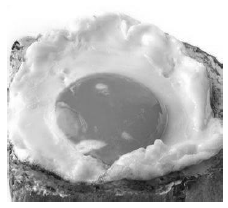
Fonte: Disponível em:<https://healthyeating.sfgate.com/brain-foods-good-remembering-studied-5381.html>.
Acesso em: 28 set. de 2018. (Adaptado)

